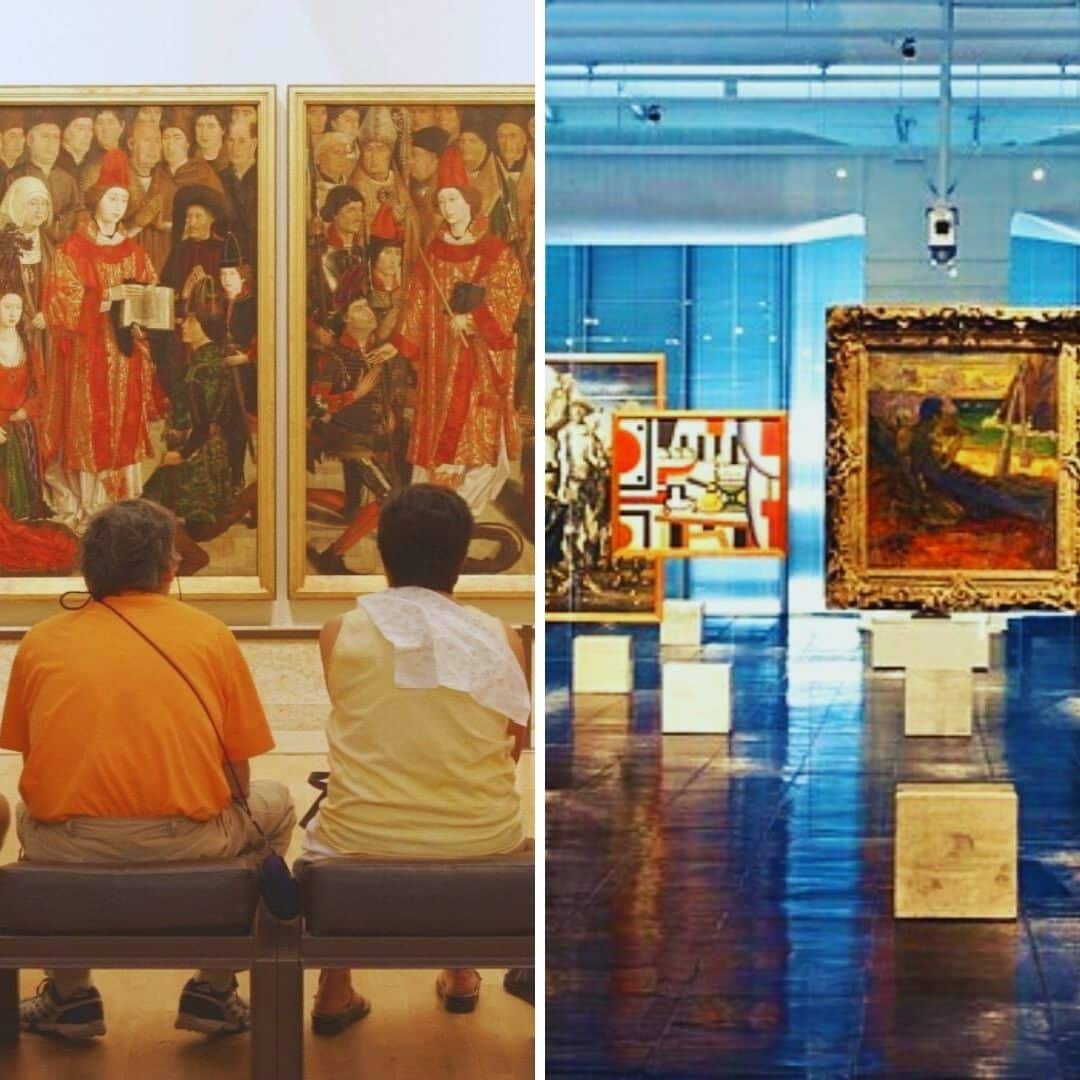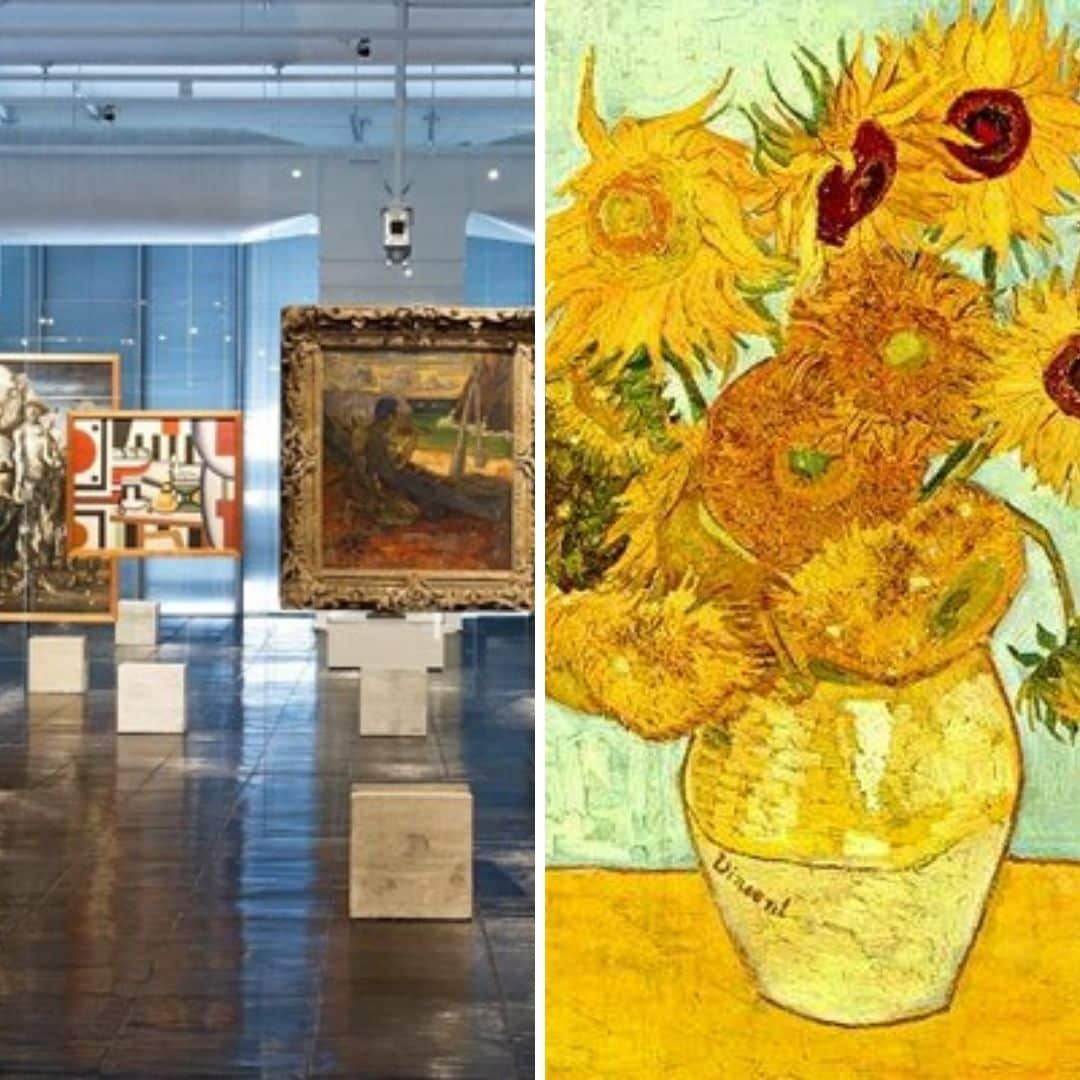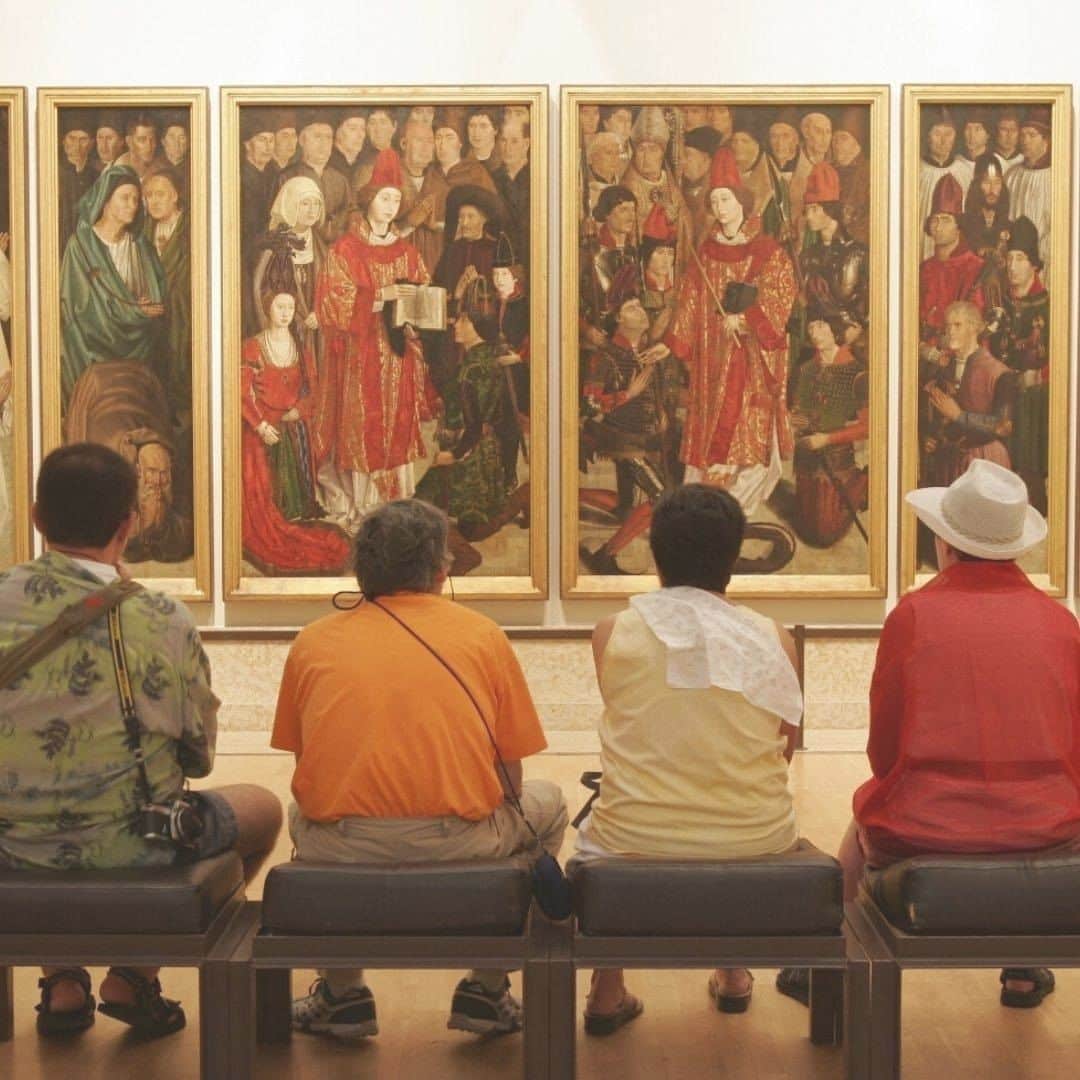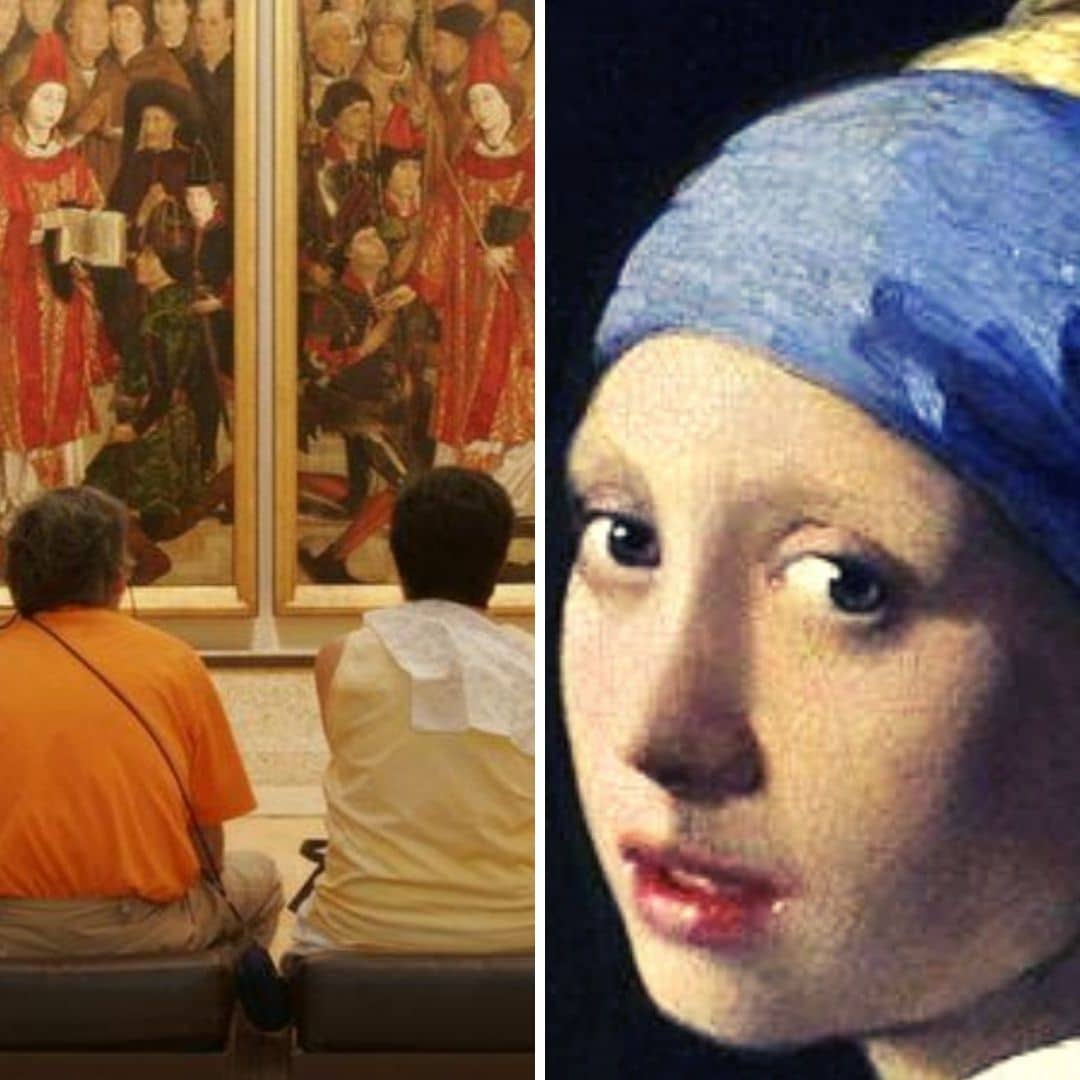Poet and playwright. Actor and writer. Theater man of his time. Immortal author. Genius and legend. William Shakespeare is one of the most interesting figures and is considered one of humanity’s greatest writers.

Author of memorable plays such as Othello (the Moor of Venice), Romeo and Juliet and King Lear, William Shakespeare knew the human soul in depth. Only this can explain why, by exploring jealousy, love and old age in his works, he captured human nature so essentially that it became a reference for different works of art even so many centuries after his death.
Get to know this very important figure in history in the article by Rute Ferreira (author of certified online courses by Citaliarestauro)
William Shakespeare (1564 – 1616)
William Shakespeare was born in the small English town of Stratford-upon-Avon, which at the time of the writer must have had no more than fifteen hundred inhabitants, on April 23, 1564.
Why “probably”?
It’s not certain exactly when William was born, but it is known that in his time there was a law that children had to be baptized within a week of their birth, but usually parents didn’t allow three days.
This law was created because of the bubonic plague that was ravaging England at the time and because of the high infant mortality rate. William Shakespeare’s baptismal date is April 26, making it the 23rd most likely date of his birth.
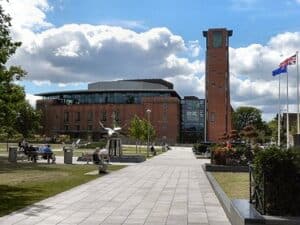
Royal Shakespeare Theatre from Bancroft Gardens, Stratford.. Creative Commons by David Dixon, 2011.
For some authors who specialize in the author’s life and work, William Shakespeare arrived in London at the beginning of the 1580s, but they’re not sure of the exact year. For others, it’s between 1588 and 1590.
William Shakespeare ‘s early works
What we do know is that it was between 1580 and 1590 that he wrote his first comedy: The Comedy of Errors, which was not staged until 1594.
The Comedy of Errors is one of William Shakespeare’s funniest plays, but it’s not just laughter for laughter’s sake. In a series of confusions and misunderstandings, two pairs of twins find themselves grappling with one of the themes that must have been extremely dear to the author at the time: the search for their identity and their place in the world.
the Elizabethan Theater
When William Shakespeare arrived in London, theater was the greatest form of entertainment of the time, but Elizabethan theater, so called because Elizabeth was the queen of the period, only began in 1588, when she defeated the “invincible Spanish armada” and managed to re-establish the chaotic financial and administrative state that had already lasted for decades.
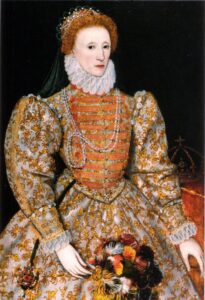
Portrait of Elizabeth I
It was in this scenario, therefore, that Shakespeare found his best opportunity, observing and “imitating” what worked well on stage, what pleased the public.
Closed theaters, fear and confinement: the epidemic of 1592
Theaters are closed, uncertainty is knocking at the door. There is a growing sense of fear, fear of the unknown of the disease, fear of death itself, fear of losing someone you love. To alleviate the danger, many people lock themselves in their homes, hoping that the disease will pass right through their doors.
We’re talking about the plague in William Shakespeare ‘s England in 1592 – and it wasn’t the first time the playwright had experienced it.
In 1564, the year of his birth, the bubonic plague killed many people, and the same state of calamity was repeated thirty years later.
Sonnets
During the period of the epidemic (1592-1594) when the theaters were closed and he was quarantined, William Shakespeare produced sonnets. At the time, writing for the theater was seen as a “minor occupation”, which must have led the Englishman to exercise in creating these elaborate verses.
He wrote Venus and Adonis in 1593 and The Rape of Lucrece in 1594, as well as many others that would form part of a series published in 1609.

Frontispiece of Venus and Adonis. Source: Creative Commons
The author dedicated the poems Venus and Adonis and The Rape of Lucrece to the Earl of Southampton, who seems to have thanked him for the work with money, since he was known as a great patron of the arts.
And it is probably with this generous thanks that Shakespeare became one of the partners of the Chamberlain’s Men, one of the few great companies that would re-establish itself after the epidemic and become one of the largest theater groups in England for the next forty years.
The rise of a star
It was from 1594, with the opening of theaters and the return of shows in London, that William Shakespeare’ s name began to appear on various court payrolls, not only as an author, but also as an actor.
Bárbara Heliodora (2014) believes that Shakespeare was not a great actor, perhaps playing the Ghost in Hamlet and King Duncan in MacBeth, according to oral tradition.
Shakespeare’s output is abundant, and he mastered historical plays, comedies and tragedies with ease, relying on the power of dialogue and the construction of characters who were easily loved or hated.
Between 1580 and 1610, it is estimated that the author produced more than fifty plays, many of which have survived to the present day.
His company, Chamberlain’s Man, became one of the biggest in England at the time.



